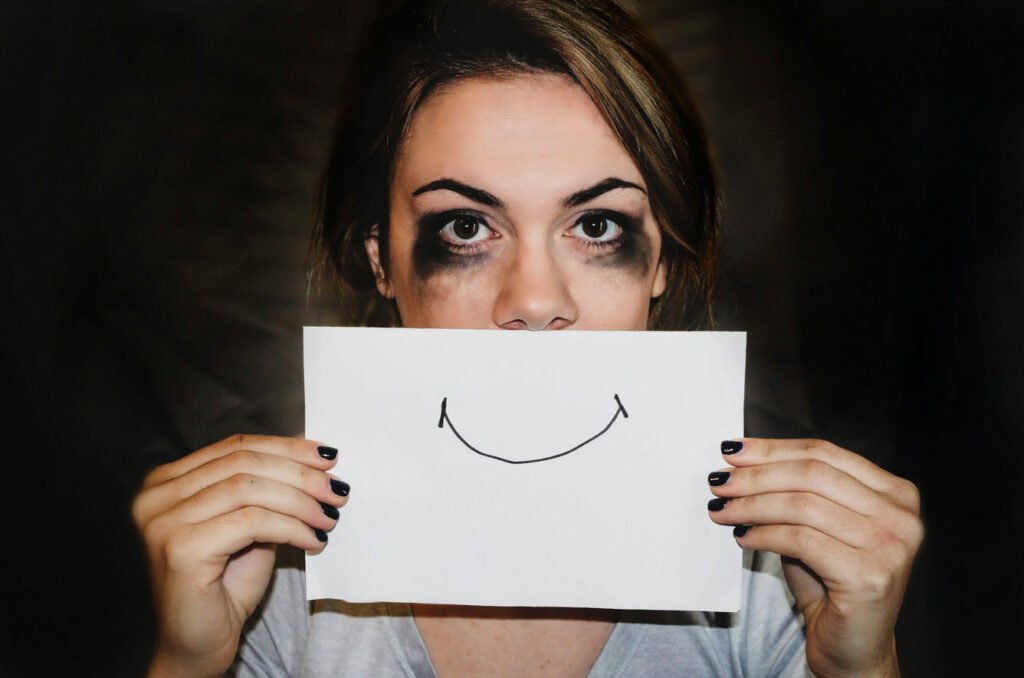Anxiety and stress have become a common part of modern life. While lifestyle changes such as exercise, meditation, and a balanced diet are essential for managing stress, certain supplements can also help reduce anxiety and promote relaxation.
This article will explore some of the best supplements for reducing anxiety and stress, their benefits, and how they work.
- Magnesium
- Ashwagandha
- L-Theanine
- Omega-3 Fatty Acids
- Vitamin D
- Valerian Root
- Rhodiola Rosea
- CBD Oil
- Probiotics
- B Vitamins
1. Magnesium
Magnesium is an essential mineral that plays a crucial role in brain function and mood regulation. Many people are deficient in magnesium, which can contribute to increased stress and anxiety levels. Magnesium helps relax the nervous system, making it easier to cope with stress.
How It Works:
- Regulates neurotransmitters, which send signals throughout the brain and nervous system.
- Reduces the stress hormone cortisol.
- Helps muscles relax, promoting better sleep and overall relaxation.
Recommended Dosage: 200-400 mg per day, preferably in the form of magnesium glycinate or citrate for better absorption.
2. Ashwagandha
Ashwagandha is a well-known adaptogenic herb used in Ayurvedic medicine for centuries. It helps the body adapt to stress and reduces anxiety levels.
How It Works:
- Lowers cortisol levels, the primary stress hormone.
- Enhances the body’s ability to handle stress.
- Improves sleep quality and cognitive function.
Recommended Dosage: 300-600 mg per day, taken in divided doses.
3. L-Theanine
L-Theanine is an amino acid found in green tea. It is known for its calming effects without causing drowsiness.
How It Works:
- Increases levels of GABA, serotonin, and dopamine, which are neurotransmitters that regulate mood.
- Promotes relaxation and reduces stress without sedation.
- Helps improve focus and attention.
Recommended Dosage: 100-200 mg per day.
4. Omega-3 Fatty Acids
Omega-3 fatty acids, particularly EPA and DHA, are essential for brain health. Studies show that they can reduce anxiety and improve mood.
How It Works:
- Reduces inflammation in the brain, which is linked to anxiety and depression.
- Supports healthy brain function and neurotransmitter activity.
- Lowers levels of stress hormones.
Recommended Dosage: 1,000-2,000 mg per day of combined EPA and DHA.
5. Vitamin D
Vitamin D deficiency has been linked to increased anxiety and depression. Sunlight is the best natural source of vitamin D, but supplements can help if exposure is limited.
How It Works:
- Helps regulate mood and brain function.
- Supports the production of serotonin, a neurotransmitter that promotes happiness.
- Boosts immune function, which is connected to mental well-being.
Recommended Dosage: 1,000-4,000 IU per day, depending on individual needs.
6. Valerian Root
Valerian root is a natural sedative commonly used to promote relaxation and improve sleep quality.
How It Works:
- Increases GABA levels in the brain, leading to a calming effect.
- Helps reduce nervousness and tension.
- Promotes better sleep, which is crucial for stress management.
Recommended Dosage: 300-600 mg before bedtime.
7. Rhodiola Rosea
Rhodiola rosea is another adaptogen that helps the body cope with stress and reduces fatigue.
How It Works:
- Regulates cortisol levels.
- Enhances mental performance and reduces brain fog.
- Improves mood and energy levels.
Recommended Dosage: 200-600 mg per day.
8. CBD Oil
CBD (cannabidiol) is a non-psychoactive compound derived from the cannabis plant that has gained popularity for its calming effects.
How It Works:
- Interacts with the endocannabinoid system to promote relaxation.
- Reduces symptoms of anxiety and improves sleep quality.
- Lowers cortisol levels and enhances mood balance.
Recommended Dosage: 10-50 mg per day, depending on individual needs.
9. Probiotics
Gut health plays a significant role in mental health. An imbalance in gut bacteria can contribute to anxiety and stress.
How It Works:
- Supports the gut-brain connection by improving digestion and reducing inflammation.
- Helps produce neurotransmitters like serotonin and dopamine.
- Reduces symptoms of stress and anxiety.
Recommended Dosage: 10-20 billion CFUs per day of a high-quality probiotic.
10. B Vitamins
B vitamins, especially B6, B9 (folate), and B12, are essential for brain function and mood regulation.
How They Work:
- Help produce neurotransmitters that regulate mood.
- Reduce symptoms of anxiety and depression.
- Support energy production, reducing fatigue associated with stress.
Recommended Dosage: A B-complex supplement providing the necessary daily amounts.
Final Thoughts
While these supplements can be effective in reducing anxiety and stress, they should not replace a healthy lifestyle. A balanced diet, regular exercise, sufficient sleep, and stress management techniques are essential for overall mental well-being. Before adding any supplements to your routine, it is best to consult with a healthcare professional to ensure they are suitable for your individual needs.
With the right combination of natural remedies and lifestyle changes, managing anxiety and stress can become easier and more effective.




Pingback: Top 12 Best Foods for Mental Health and Brain Function - Health Hyme